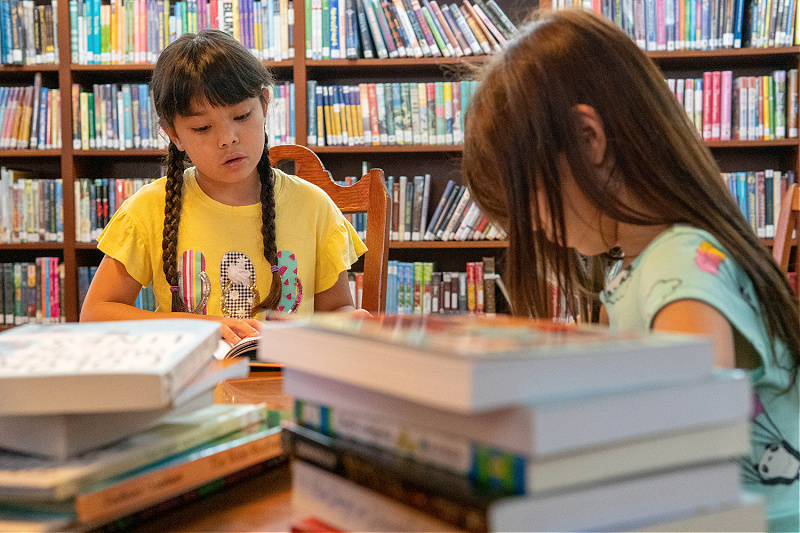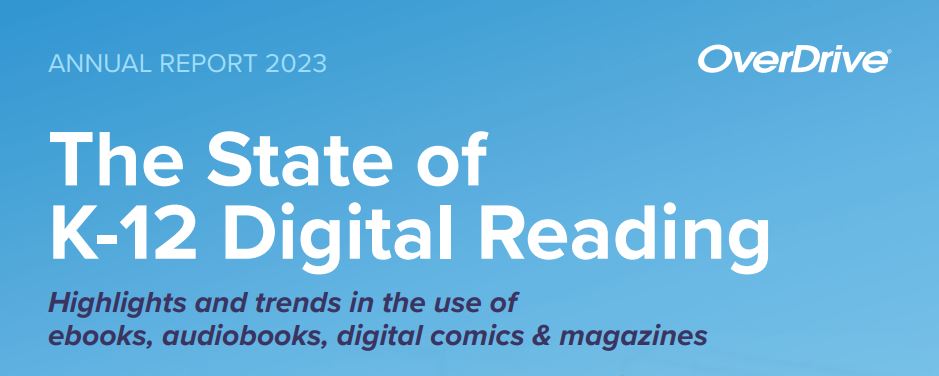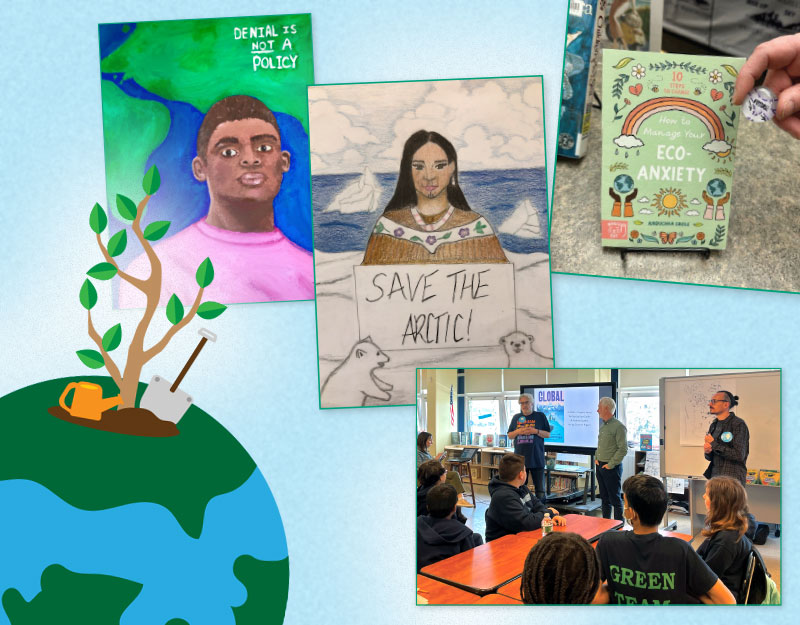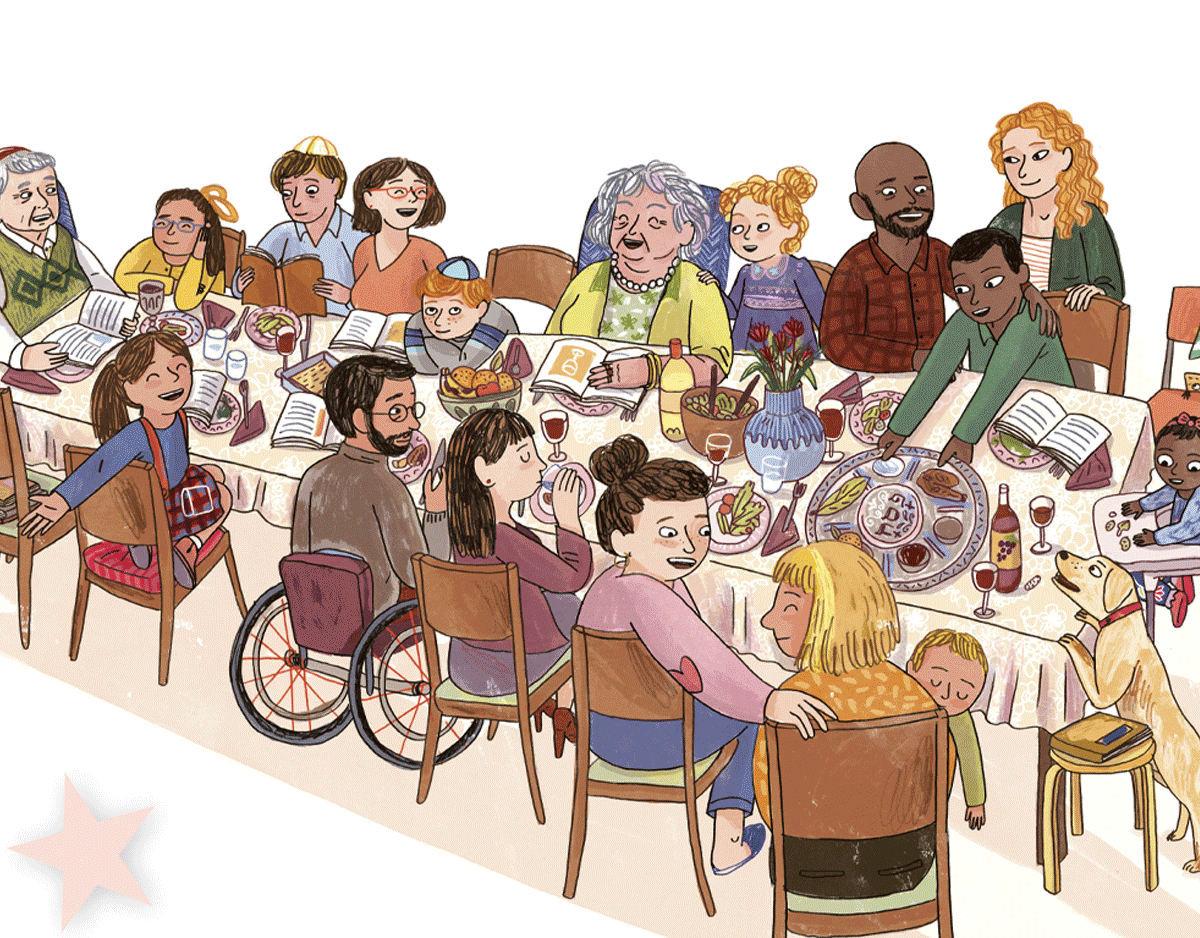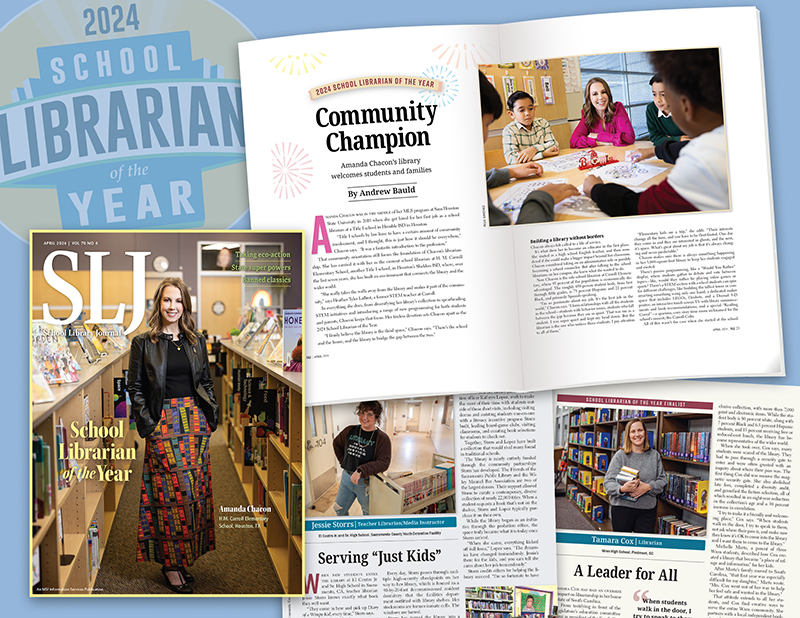SCROLL DOWN TO READ THE POST
‘Tiger Eyes’ and Transliteracy: Confessions of Someone Who Hasn’t Read the Novel
 There are a lot of things to like about the film adaptation of Judy Blume’s Tiger Eyes, which opens in select U.S. markets today, and is also available via VOD and iTunes. Lawrence Blume, the author’s son, provides some very solid storytelling from the director’s chair, the cinematography is often striking, and the performances of leads Willa Holland and Tatanka Means are quite strong.
There are a lot of things to like about the film adaptation of Judy Blume’s Tiger Eyes, which opens in select U.S. markets today, and is also available via VOD and iTunes. Lawrence Blume, the author’s son, provides some very solid storytelling from the director’s chair, the cinematography is often striking, and the performances of leads Willa Holland and Tatanka Means are quite strong.
Despite its life-is-an-adventure theme and an ending that gently affirms this, Tiger Eyes is not really an upbeat film—which is, oddly, what makes it so refreshing. That’s because an underlying sense of gravitas and mortality is present throughout, and it’s particularly effective, and affecting, whenever the late Russell Means (Tatanka’s Dad in the film and in real life) is on screen. Another thing that feels different about Tiger Eyes is that there are no easy “way outs” for our high school-aged protagonist Davey: social acceptance, an enthralling romance, a ticket to college, getting the clutch shot in the big game. The truths she learns in the aftermath of a family tragedy and her subsequent relocation to New Mexico from New Jersey are a bit quieter, a bit deeper, than what we’re accustomed to in most theatrically released teen flicks. Yes, on the surface, Tiger Eyes seems to conform to several tropes that are probably familiar to both moviegoers and fans of YA lit—a teen has to adapt to a new school, make friends, and so on—but avoids indulging in the clichéd scenes we’ve seen so many times (the raucous house party, the teary breakup, overly sensitive or insensitive classroom teachers, etc.). I’m guessing that the thoughtful elements and characters that Blume features instead are partly the reason why the novel enjoys the following it does.
ADVERTISEMENT
ADVERTISEMENT

All of that said, I couldn’t help but think that this film will be far more satisfying for members of that following than for general audiences. I say this because although the screenplay on which the two Blumes collaborated does a nice job of giving the material a contemporary feel (there’s even a Captain Underpants reference), the inevitable reduction in psychology and “interiority” takes its toll, more so as Tiger Eyes progresses. Davey’s various family members—whether portrayed sympathetically or not—come across as non-dimensional types, symbols and foils for her own journey as a character but not really existing as flesh-and-blood people with whom she has actual relationships. The result is that scenes that should be moving come across as borderline maudlin, and those with high drama come across as displays of histrionics. Audiences who know the source text will undoubtedly “fill in” all of the missing context from their own prior knowledge, but others may be somewhat disappointed. In fact, I’m guessing that the difficulties in adapting the subtleties of characterization and voice in Blume’s novels is one reason they haven’t been tackled until now, and this film stands as an unfortunate validation of that theory.
But how will those who’ve read the novel feel? Will they agree with this assessment? Disagree? That’s the transliteracy and media literacy opportunity here: you can ask young fans of the novel how its strengths could have been translated to the screen more powerfully, and see what they say. You might even want to poll the two camps and see if viewers new to the content share my take on the film—admiration for what it attempts, but not exactly enthusiasm for the finished product. I’d be surprised if they didn’t… but then again, I like surprises.
Filed under: Movies, Print Media, Transliteracy, YA Literature
About Peter Gutierrez
A former middle school teacher, Peter Gutierrez has spent the past 20 years developing curriculum as well as working in, and writing about, various branches of pop culture. You can sample way too many of his thoughts about media and media literacy via Twitter: @Peter_Gutierrez
ADVERTISEMENT
SLJ Blog Network
One Star Review, Guess Who? (#202)
This Q&A is Going Exactly As Planned: A Talk with Tao Nyeu About Her Latest Book
More Geronimo Stilton Graphic Novels Coming from Papercutz | News
Environmental Mystery for Middle Grade Readers, a guest post by Rae Chalmers
The Classroom Bookshelf is Moving
ADVERTISEMENT
ADVERTISEMENT


